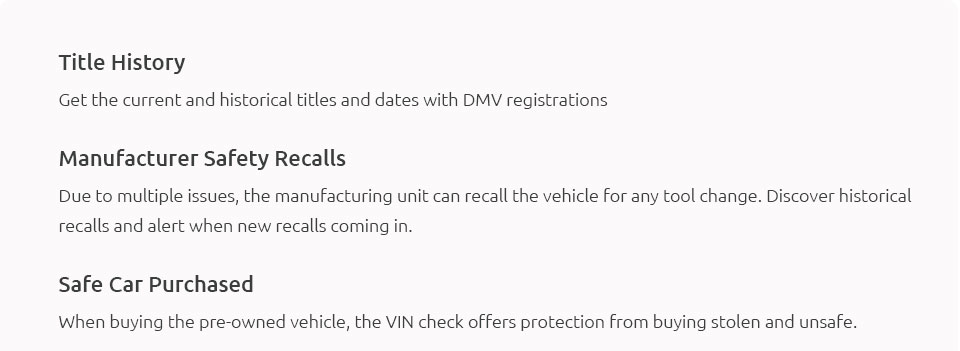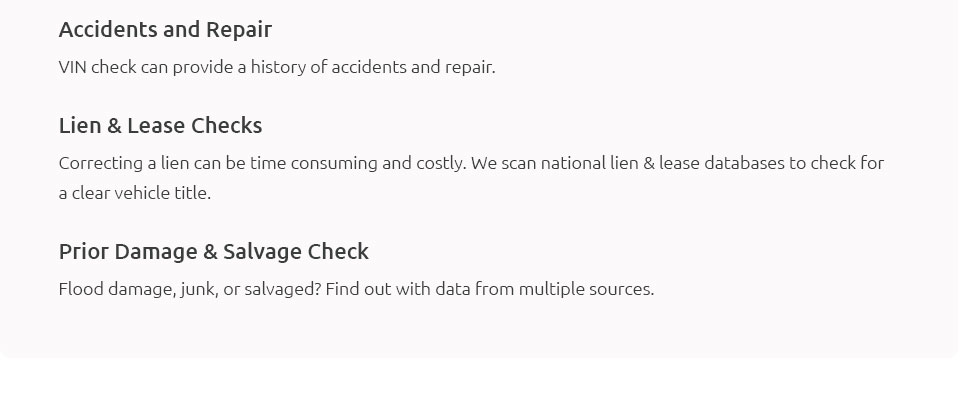 |
 |
 |
 |
 |
||
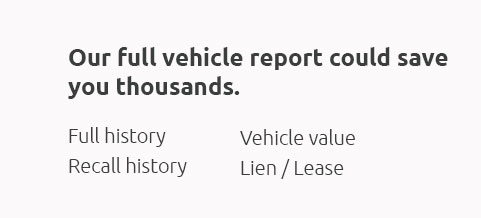 |
 |
|
 |
 |
|
 |
 |
 |
 |
||
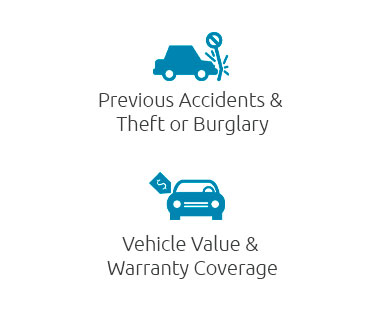 |
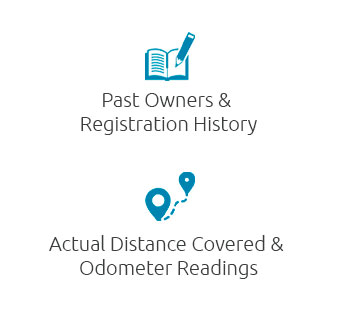 |
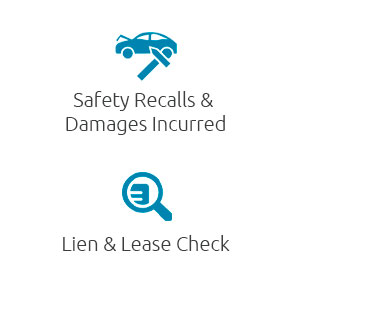 |
 |
 |
 |
||||
|
||||
 |
 |
Understanding the Importance of Vehicle Mileage ReportsIn today's fast-paced world, where efficiency and sustainability have become the cornerstones of responsible living, the concept of a vehicle mileage report has gained substantial traction. At its core, a vehicle mileage report serves as an essential tool for both individual car owners and fleet managers, offering a detailed record of a vehicle's mileage over a specified period. This document, often perceived as mundane, holds significant importance for various reasons. Firstly, from a financial perspective, understanding your vehicle's mileage can directly impact your wallet. Fuel efficiency, often measured in miles per gallon (MPG), can be meticulously tracked using these reports. For those who frequently drive long distances, even a minor improvement in MPG can lead to substantial savings over time. This aspect is particularly crucial for fleet managers who oversee numerous vehicles, as optimizing fuel efficiency across a fleet can result in significant cost reductions. Moreover, the environmental implications of vehicle mileage cannot be overstated. With climate change and carbon emissions becoming critical global concerns, monitoring mileage helps in assessing a vehicle's environmental footprint. By keeping a close eye on mileage, individuals and organizations can make informed decisions to either maintain their vehicles better or transition to more eco-friendly alternatives such as electric or hybrid cars. In addition to financial and environmental aspects, there is the maintenance factor to consider. Regularly updated mileage reports can serve as a reliable indicator for scheduling maintenance checks. Vehicles that clock higher mileage in shorter periods often require more frequent servicing to ensure safety and performance standards are met. Ignoring these intervals can lead to costly repairs down the line, thus emphasizing the importance of a detailed mileage log. On a more nuanced level, mileage reports can also reflect driving habits. A sudden spike in mileage might indicate changes in lifestyle or travel patterns, prompting a reassessment of vehicle usage. For those managing a fleet, understanding these patterns can lead to more efficient route planning and better resource allocation.
Despite its myriad benefits, some individuals may overlook the vehicle mileage report, considering it a trivial aspect of vehicle ownership. However, this document is more than just a number on a page; it's a gateway to understanding and improving multiple facets of vehicle management. Whether you are an individual aiming to cut down on fuel expenses or a business looking to streamline fleet operations, leveraging the insights offered by a vehicle mileage report is undeniably advantageous. In conclusion, while technology continues to revolutionize the way we approach transportation, the humble vehicle mileage report remains a pivotal component in achieving efficiency, sustainability, and cost-effectiveness. As we move towards a more eco-conscious future, embracing such tools can help pave the way for smarter and more responsible vehicle management practices. https://www.everlance.com/business-mileage-hub/mileage-log-template
A mileage log book is a detailed record used to track and document the miles you drive for business, charitable, medical, or personal purposes. It's essential ... https://gsafleet.gov/GSAFleet.gov-Mileage-Reporting-User-Guide.pdf
GSA Fleet manages mandatory. Government-wide vehicle acquisition programs, provides Federal agencies full-service vehicle leases, and offers short-term vehicle ... https://www.driversnote.com/blog/irs-mileage-log-template-free-excel-pdf-versions
A mileage log book is a monthly or yearly record of your business-related travel that the IRS or your employer demands for tax deduction or ...
|

